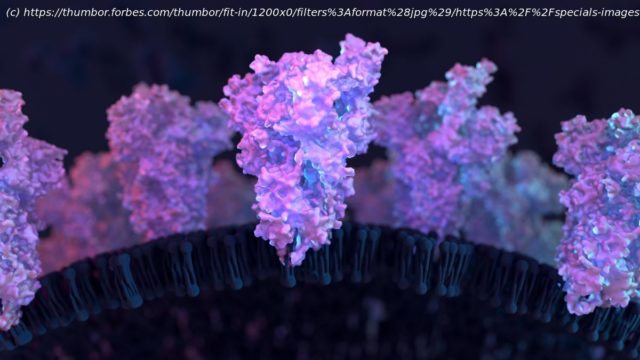A new mutation found in seven novel Covid-19 variants has now been identified in the U.S. Its importance in relation to ongoing viral transmission and success of current vaccine formulations is unclear at this time.
Just when you’ve heard so much about the 3 main variants in the news cycle—the U.K. Variant (B.1.1.7), the South African variant (B.1.3.5.1) and the South American variant (P.1 variant), and at least one mutation—E484K— that has been implicated in the South African and now the U.K. variant, along comes a new “homegrown” mutation right here in the U.S. known as “677”, or Q677P more formally, recently identified by researchers in the U.S. It is unclear whether this mutation, now identified in seven lineages or variants of Covid-19, makes it more transmissible. But there is growing concern that this potential may exist. According to a new pre-print (that has not been peer reviewed), it appears that all of these mutations impact the same region of the spike protein (amino acid position #677) —the protruding area on the surface of the virus —that it uses to adhere to cells it infects. The scientists had already been reviewing genomic sequences in a repository known as GISAID, a worldwide database use to exchange and share genetic sequences regarding Covid-19, but the revelation of the new seven lineages or variants became apparent in late January when 2 independent SARS-CoV-2 genomic surveillance programs—the University of New Mexico in Albuquerque, and Louisiana State University Health Sciences in Shreveport—both detected increasing numbers of viruses with the Q677P mutation, with a significant increase in samples from late 2020 through mid January. One question is whether the 677 mutation will have any impact on available vaccines’ ability to prevent “immune escape” from neutralizing antibodies related to the mutations contained in these evolving variants.
Start
United States
USA — mix Study Identifies Seven New Covid-19 Variants in U.S. Carrying ‘677’ Mutation






